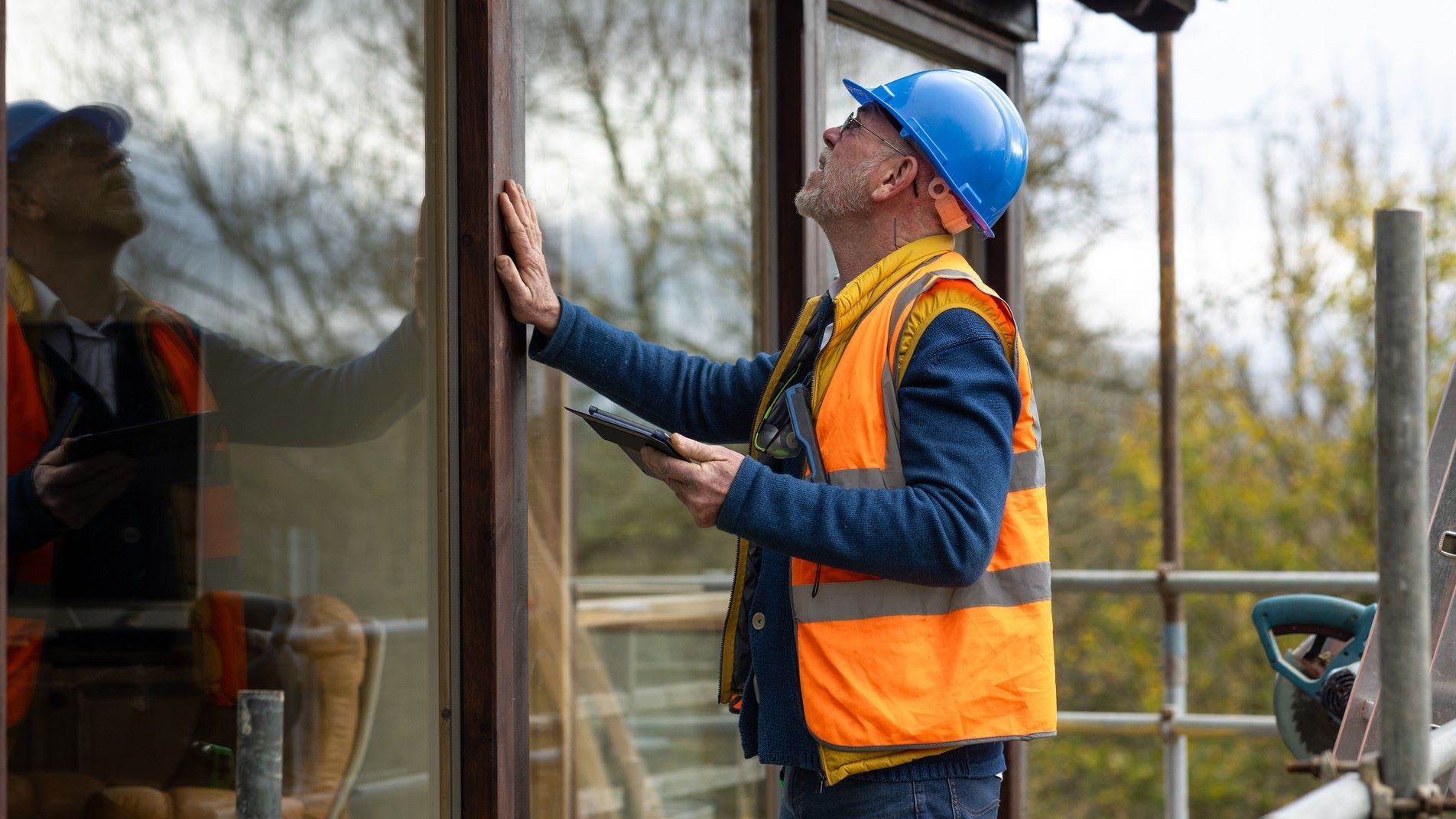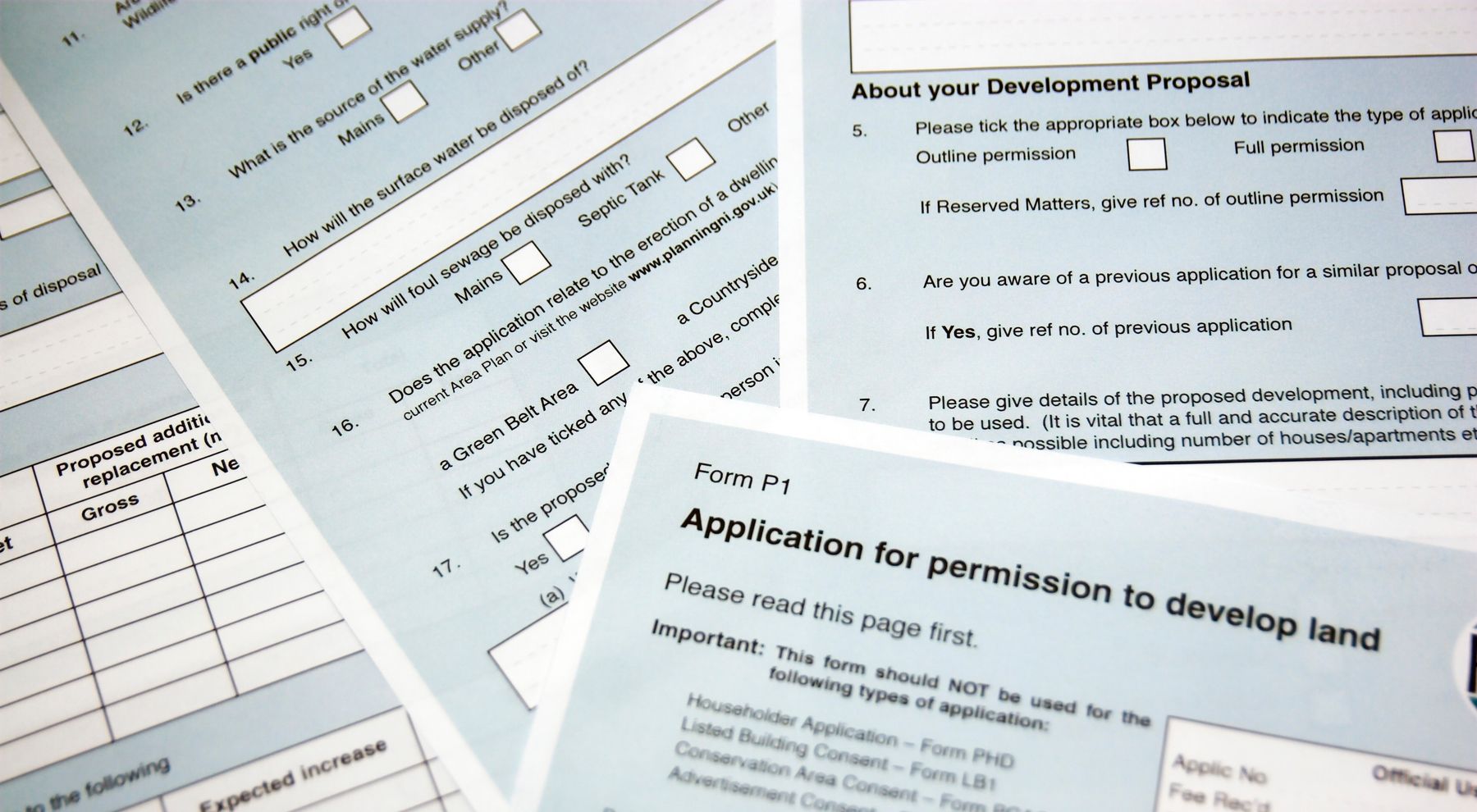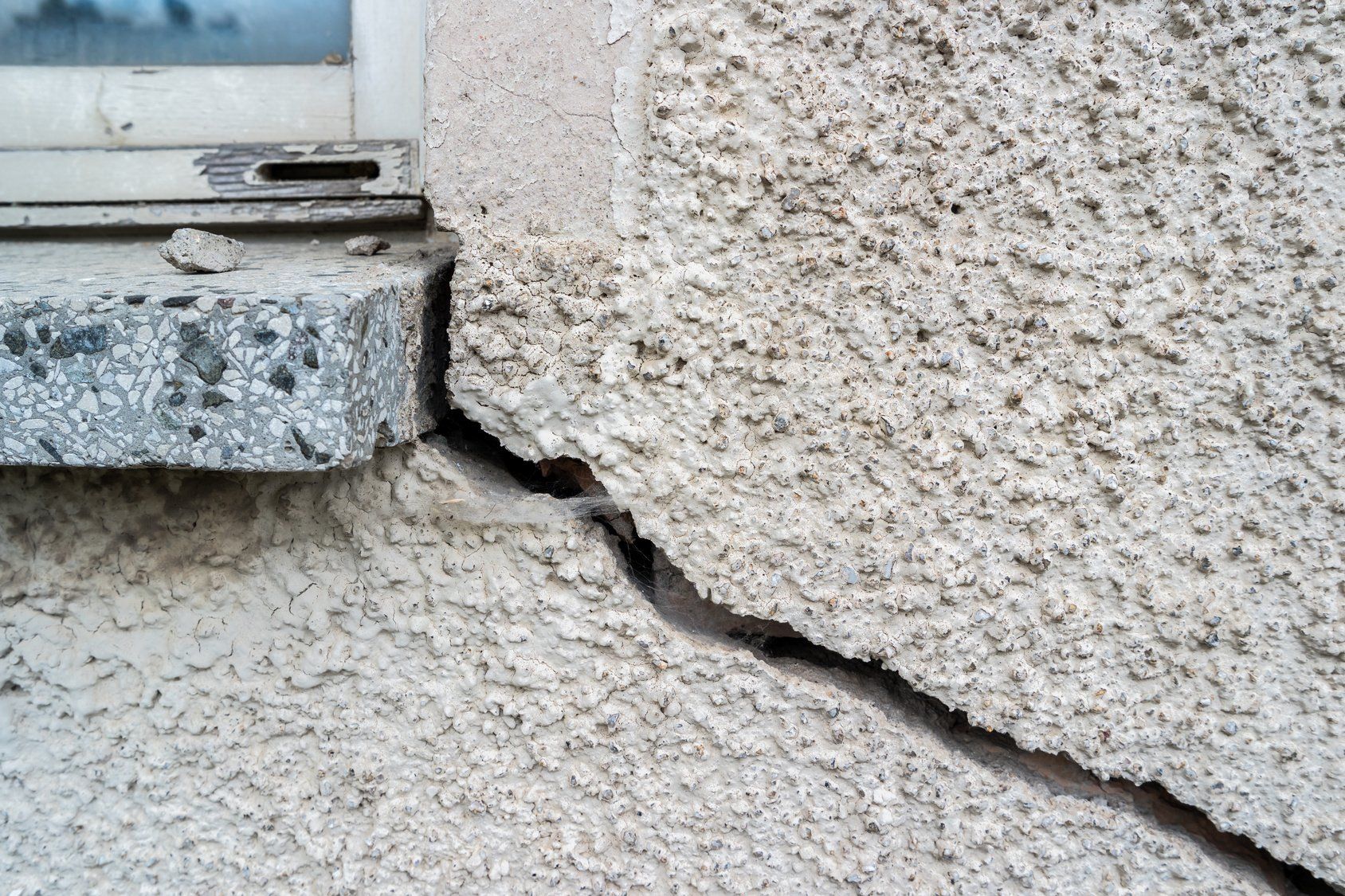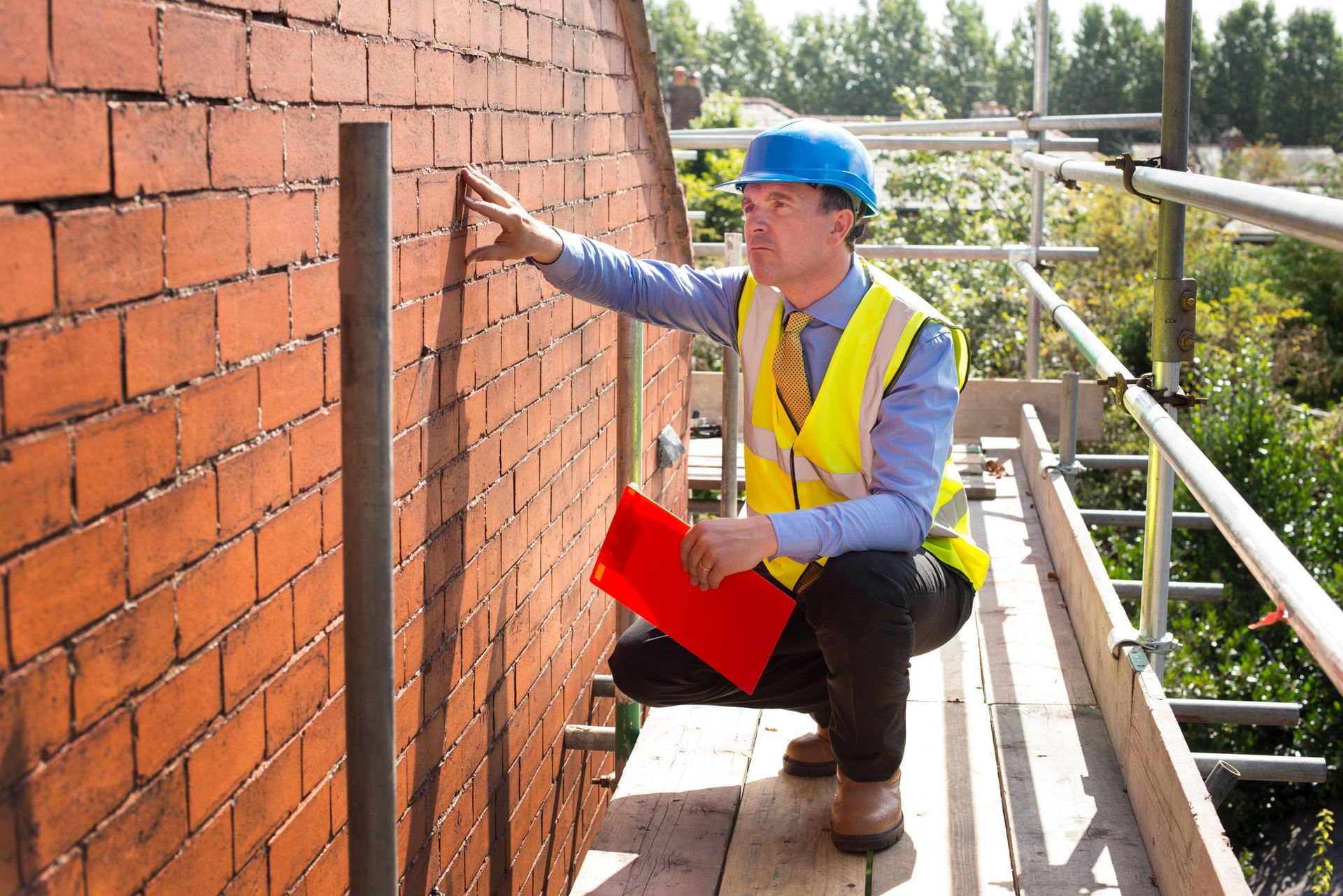Should First Time Buyers Get a Housing Estate Property? The Advantages and Disadvantages

Buying a house is one of the most important decisions that you’ll make in your life. Not only will it determine your future but it will also, in large part, determine the early future of your children. Therefore, it’s important to get the house that’s most suitable for your requirements so you can get as much out of where you live as possible.
This guide outlines the advantages and disadvantages of buying a property in a housing estate in the context of rising house prices. Although it may be a more affordable, family-friendly option, it comes with design restrictions and the locations of housing estates can make life tricky.
Increasing house prices is not a new complaint. The March 2021 UK House Price Index confirms what everybody already knew was a very daunting picture. Before discussing housing estate options, it’s important to first understand the current state of house prices in the UK, especially for first-time buyers.
Whereas house prices had been on a fairly steady decline since mid-2015, the COVID-19 pandemic changed this. March 2021 saw UK house growth at its highest level since August 2007 with a 10.2% rise. However, this is house growth which fails to take into account the fact that house prices in real terms have been on a relentless increase since the 2009 recession, from just over £150,000 to just over £250,000.
Although the picture looks bleak, depending on your preferences, housing estates may be a great way to get yourself onto the property ladder in a more affordable and family-friendly area.
The Advantages of Living in a Housing Estate
Housing estates can be a great option for young families looking to establish themselves on the property ladder in a family-friendly area for the following reasons.
Family-friendly : Housing estates are popular with families because they’re often safer areas for children to play and interact with other children. Because a housing estate is a small community, everybody knows everybody, which increases the likelihood that your child will develop meaningful friendships. Plus, housing estates are often built with families in mind so they normally have parks, playgrounds, and playing fields incorporated into their design to promote this.
Seclusion : Specifically over the past two centuries, there has been a huge urbanisation drive toward the cities. Cities are where a lot of the jobs are and are often big social hubs, so you won’t want to miss out. However, if you’re not one for the hustle and bustle of the city then a housing estate may be a great intermediate. You can still access the benefits of the big city whilst retaining a level of exclusion and distance from city life.
Retirement and OAPs : It’s worth noting that, for the above two reasons, housing estates can be great options for those looking to retire or for an OAP relative. Being friendlier neighbourhoods that are secluded from the city, they can provide a lot of security for elderly individuals.
First-time buyers incentives : Housing estates are specifically built with affordability in mind as one of their most attractive features. In some areas where housing is emphasised, you may be eligible for special stamp duty discounts and government grants and loans , which can save you a lot of money. Developers will also offer low-deposit options for first-time owners seeing as they have many more houses at their disposal.
All of these incentives allow younger individuals, couples, and families to enter the housing ladder at a much earlier stage than would otherwise be possible. Compared to paying higher prices without incentives closer to the city, these factors can be real deal breakers for young families.
The Disadvantages of Living in a Housing Estate
Although there are some clear advantages to living in a housing estate, there are also some disadvantages that need to be weighed up.
Distance: Commuting : By their very nature, housing estates require large areas of land and this means that they’re rarely close to the city centre. Unless you can find one that is closer to the city centre then you’ll be faced with longer commuting times. On top of this, public transport is more awkward as there will likely be fewer services running to the estate or you’ll have to walk through the estate to get to a bus stop.
Then, for families, there’s the added complication of the pre-work school run. Housing estates are likely to be further away from your child’s school so it’ll take longer to do the school run. If your workplace is on the other side of the city then you could easily be making your commuting time an hour, maybe even more.
Distance: The little things : Public transport and school runs are macro factors but what about ‘popping to the shops’ for a few essentials for dinner? Similarly, what about when you get to the exit of the estate and you’ve forgotten your wallet or something similar? All of these small, everyday factors, can add up to a frustrating loss of time.
Design restrictions : Another drawback of buying a house in a housing estate is that you’ll be more limited in terms of what you can alter. It’ll be much more difficult to get the planning permission for extensions because once one house has approval, other houses will expect the same. Furthermore, recently-built housing estates will emphasise conservation and sustainability so design guidelines will severely limit what you can plant and what you can remove.
In addition, your home will be one of many doppelgangers. One of the benefits of buying a property outside of a housing estate is that you can buy one with some unique features. From driveways to front door styles, and roofing styles to house layout, there will be little to distinguish your house apart from its number.
Value uncertainty : Lastly, compared to regular homes, those in housing estates have a very limited market history so it’s difficult for you, and potential future buyers, to know what its future value may be. If you invest in a home in an area that depreciates in value then you may find it hard moving up the property ladder.
Why You Should Hire a Chartered Building Surveyor
In the face of soaring house prices, many young couples and families are looking toward housing estates for buying their first home. A common trap that many people fall into is presuming that, because the property has been built more recently, it’ll have fewer defects. In fact, it’s estimated that new-builds have between 50 and 150 defects and it goes without saying that this can bring harmful expenses further down the road. This is particularly problematic for young couples and families who have less capital at their disposal.
A good way to get around this potential issue is to hire a chartered building surveyor to assess the property you wish to buy. Not only will they be able to provide you with expert impartial advice on the above factors, but they will be able to:
●Examine the local geological survey map to assess relevant environmental factors like trees and hedges and any risks they may pose
●Examine the property for damp penetration and timber decay
●Assess external plumbing like guttering, downpipes, and soil pipes
●Check the condition of key fixtures and fittings around the property
●Assess the efficiency of the building’s services like gas, electricity, and water
●Check for any dilapidations from insulation failures to cavity wall damage.
For a relatively small fee, you can have peace of mind that there is nothing wrong with the property that could land you with large expenses in the near future.
At Simon Levy , our priority is to make sure that your property is as safe as possible. To achieve this, we can carry out dilapidation surveys in order to assess the condition of your building and its various components and can act as an impartial witness to insurance claims and party wall matters and boundary disputes. If you’d like to know more about our various services and how they can benefit you as you buy your first property, then don’t hesitate to get in touch by calling us on 020 8207 6100 today!











